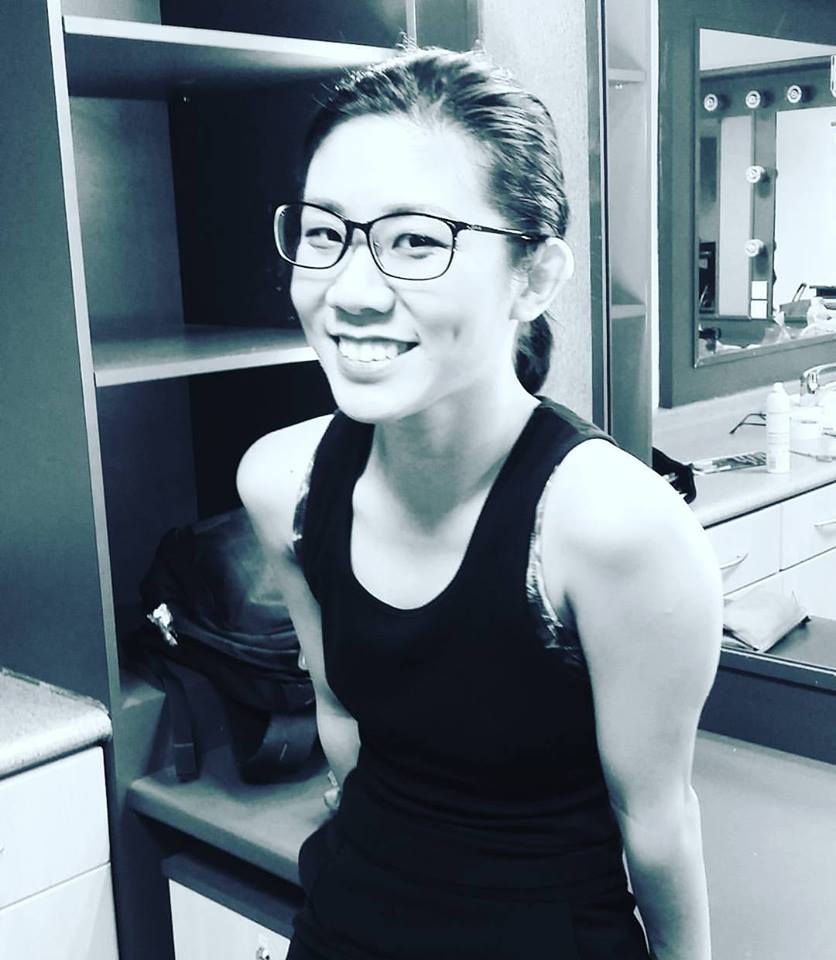The Graduate LL.B. Programme — a student’s perspective
To provide current students and prospective candidates with a more detailed picture of the Graduate LL.B. Programme (GLB), this is the second part of a Justified two-part series on the topic. Justified would like to express its appreciation to GLB Year 2 Chan Meiyi, for giving a student’s perspective.
On her reasons for entering law school:
I graduated from NUS with a B.A. in History and a minor in Political Science and concentrated on ethnic minorities in Myanmar. So the first reason I applied to law school was to continue my undergraduate research interest (which I’ve held for about a decade by now), which is to investigate questions on the rights of the minorities in Myanmar, especially now that the country has liberalised since 2011. What would the development of ethnic minority territories and a resolution of the civil conflict mean for them? What kind of rights would they have? What kind of resolution could be reached between those seeking state autonomy and those who are willing to be join the federated state?
(N.B. The civil conflict in Myanmar conducted by the Karens against the central government is today the longest-running civil war in the world, having begun in 1948.)
Another reason is that I wanted to join a profession, to hone a craft. Law is one of those occupations where developing craftsmanship, expertise, and skill still feature prominently; rarely do we hear these kinds of descriptions being applied to other jobs today. I chose not to do law as an undergraduate because I wanted to carve out a path similar to the US system where law is a postgraduate degree. To me, law is a profession that I didn’t want to jump into and specialise in so early; I wanted a humanities foundation and I’m glad I got it first because it allows me to approach legal education in a very different way today.
That said, I did actually call NUS up in my first year of undergraduate to ask if they would allow me to do a double degree in History and Law since there were other double degree programmes offered but they roundly declined. So in a way law has always been on the cards, it was just about finding the right time.
Adjusting to law school:
Transitioning back to school from working life was quite hard because you kind of know what the expectations are, but your brain has been rewired by work, so to speak. One of the biggest issues I had was trying to get used to the fact that my responsibility in law school is just to absorb information; I didn’t have to worry about coming up with solutions for real-life problems, no proposals to present etc., unlike at work where you have to give a workable situation with whatever information you have on hand under a particular timeline. I used to work in Singapore Tourism Board on Formula 1 so the schedule was always crazy and we were constantly preparing presentations or proposals, for bimonthly meetings, monthly meetings, weekly meetings… it was exhilarating. So in a sense law school is less intense because I’m not constantly churning something out for someone else. I’m just sitting down and trying to absorb everything.
The great thing about going back to school is also that it gives me breadth to return to theatre and the humanities. I’ve been with NUS Stage (NUS’ English-language drama CCA) since Year 1 and I’m working on other projects as well so that’s been good. Besides that, I volunteer with a reading programme for underprivileged children — if anyone would like to join me, do let me know!
On finding a good fit:
From my time at work I’ve learned that there’s a time to pay attention to the bell curve and a time when it’s irrelevant. What I mean by “irrelevant” is that it’s not about how you compare with other people, but about you — intrinsically. Oftentimes once you get into an interview room it’s about finding a good fit, i.e. an interviewer — whether it’s an employer or a professor — may no longer be looking at your credentials but how well you would fit in with the organisation, its values and culture. Similarly from the other side of the table I’m also thinking about whether I will fit into this organisation’s culture, whether the organisation’s values and mine are aligned. Sometimes it’s better to cut your losses than spend several years doing something that doesn’t fit your beliefs about work.
People who shouldn’t apply to law school:
Lazy people, just because the workload is no joke and it’s really for their own good. That said, if you’re the lazy kind who knows how to simplify things to be more efficient then certainly law school is for you. But generally people who don’t want to put in the effort should stay away.
Written by: Lynn Chan (Year 1)
Photo Credit: Chan Meiyi (Year 2)







